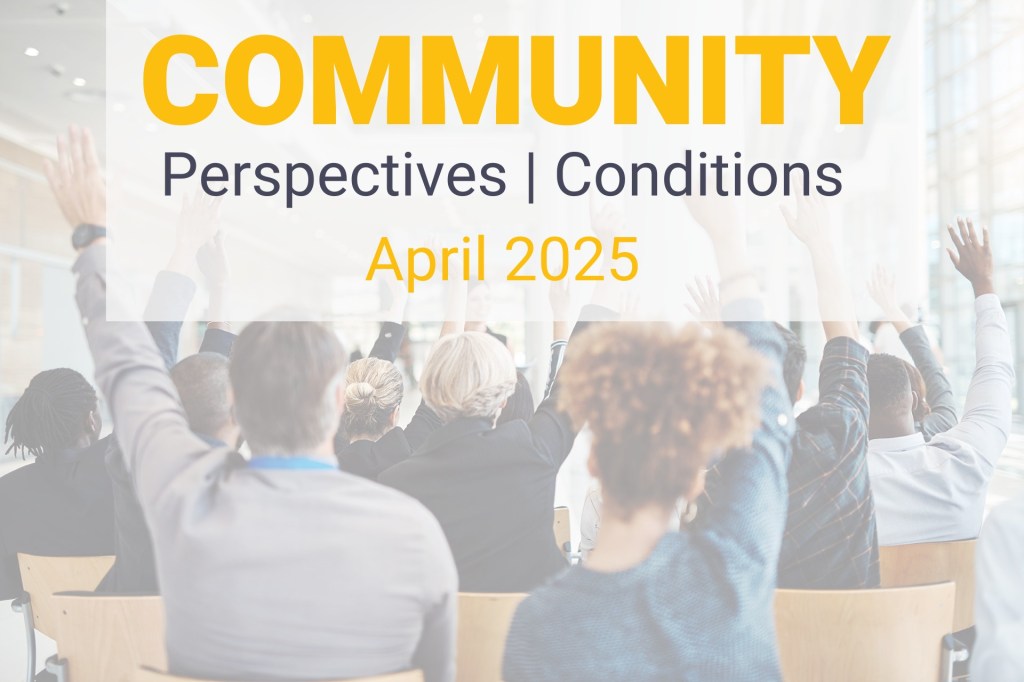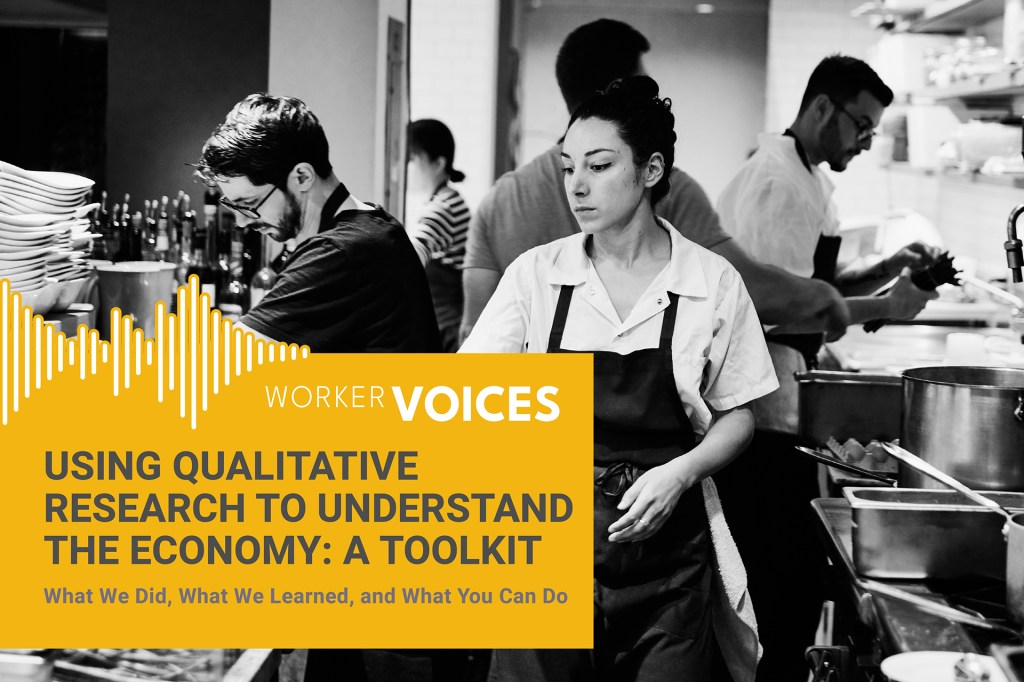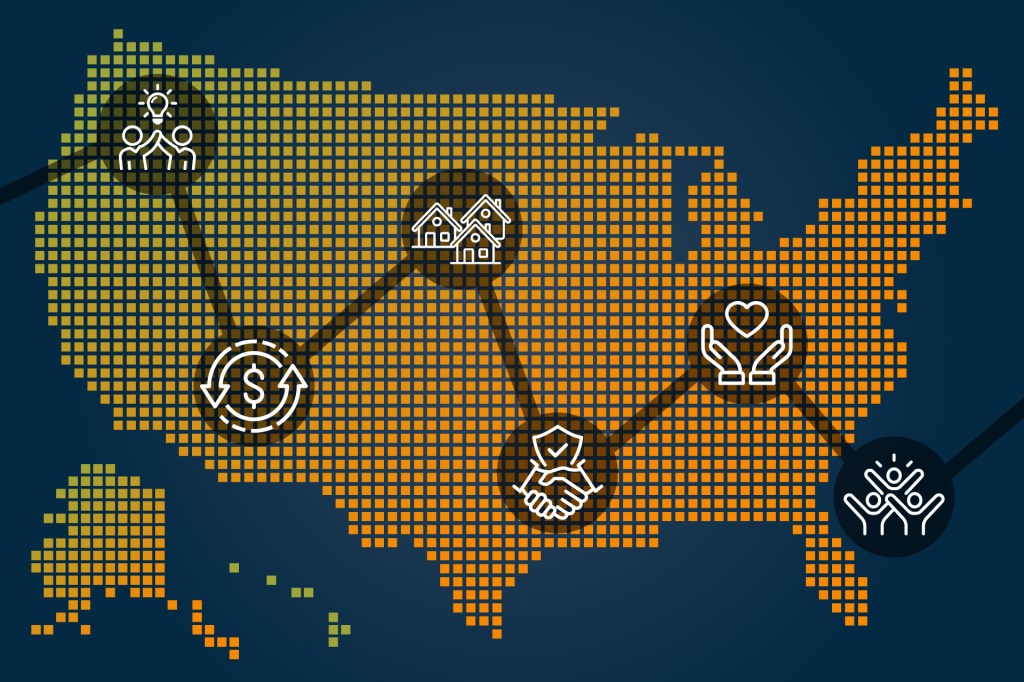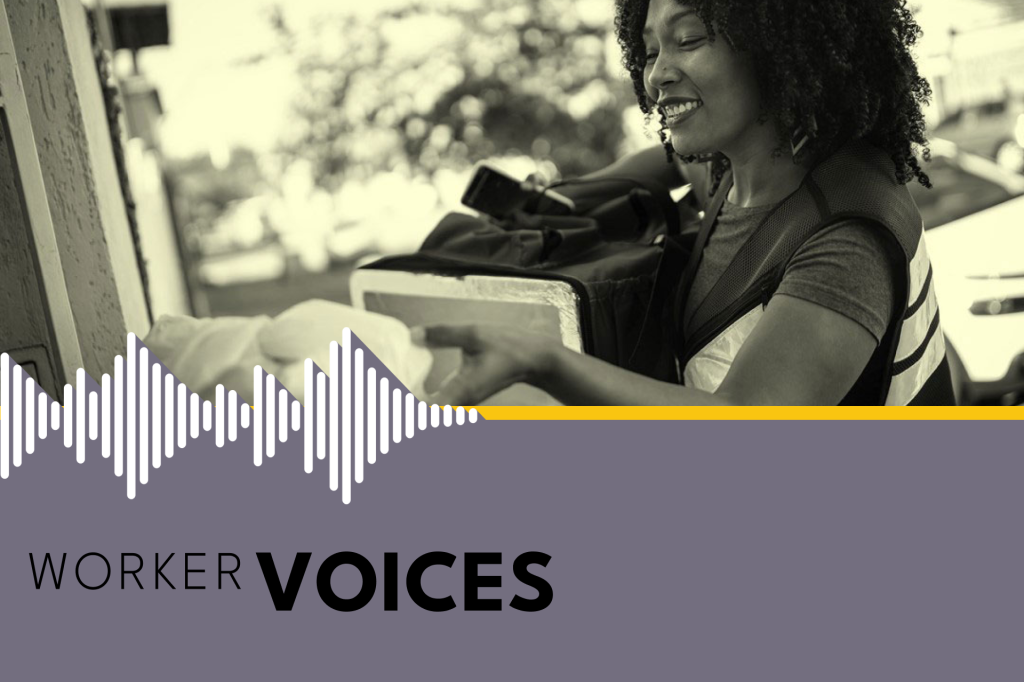Community perspectives and conditions from the Fed’s Beige Book, April 2025

Here’s what nonprofit and community leaders, and workforce professionals serving lower-income people shared with the Federal Reserve for the April 2025 Beige Book.
Upcoming Events

Latest news and views
Get insights from the Fed’s community development teams and their collaborators.

Debt-related license suspensions put the brakes on employment
Debt-related driver’s license suspensions can keep people out of the workforce and make it hard for businesses to find and keep the employees they need. Research and practical interventions are helping to change that.

How have CDFIs leveraged various funding mechanisms? Federal Reserve survey aims to find out
Community Development Financial Institutions (CDFIs) are important to closing gaps in credit and capital access. The 2025 CDFI Survey aims to dive into specific topics or challenges in the CDFI landscape.

The Quarterly Catch-up, Q1 2025
Check out the latest community development-related research, analyses, and articles from all 12 Federal Reserve Banks and the Board of Governors. This post captures content published between January 1 and March 31, 2025, on topics affecting communities.

Key insights from the 2024 Small Business Credit Survey
The 2024 Small Business Credit Survey revealed a decline in revenue growth, with more firms experiencing revenue decreases. Credit applications stayed steady, but fewer firms sought financing from large banks, turning to smaller banks and alternative lenders.
Explore data and research
From survey findings to dashboards, the Fed’s data can inform collaborative efforts between policymakers, employers, and educators.
 Read more →: Using Qualitative Research to Understand the Economy: A Toolkit
Read more →: Using Qualitative Research to Understand the Economy: A ToolkitUsing Qualitative Research to Understand the Economy: A Toolkit
The toolkit offers insights on using community-engaged qualitative research practices gleaned from the Federal Reserve’s Worker Voices Project and shows how others can use these methods in their own work. This toolkit is for researchers, policymakers, employers, and workforce organizations interested in partnering with the populations they serve and elevating community perspectives.
 Read more →: Community Perspectives Survey: Insights from the field—Health of entities serving low- and moderate-income communities
Read more →: Community Perspectives Survey: Insights from the field—Health of entities serving low- and moderate-income communitiesCommunity Perspectives Survey: Insights from the field—Health of entities serving low- and moderate-income communities
The second report from the 2024 Community Perspectives Survey focuses on the health of organizations serving low- and moderate-income (LMI) communities and discusses the challenges they face. These organizations provide vital services to lower-income communities and infrastructure that promotes economic resilience and mobility.
 Read more →: Community Perspectives Survey: Insights from the field—Economic conditions in low- and moderate-income communities
Read more →: Community Perspectives Survey: Insights from the field—Economic conditions in low- and moderate-income communitiesCommunity Perspectives Survey: Insights from the field—Economic conditions in low- and moderate-income communities
The 2024 Community Perspectives Survey, conducted nationally by the Federal Reserve, provides an overview of economic conditions in low- and moderate-income (LMI) communities. The first report examines key findings in the areas of housing, employment, financial stability, health, education, small business and access to technology.
 Read more →: Worker Voices Special Brief: Self-Employment, Dreams Versus Reality
Read more →: Worker Voices Special Brief: Self-Employment, Dreams Versus RealityWorker Voices Special Brief: Self-Employment, Dreams Versus Reality
Worker Voices participants described weighing the tradeoffs of self-employment from the independence it gave to its income generation potential. This research found that participants were pushed or pulled into self-employment for a variety of factors and their experiences did not align with their expectations of this work.





